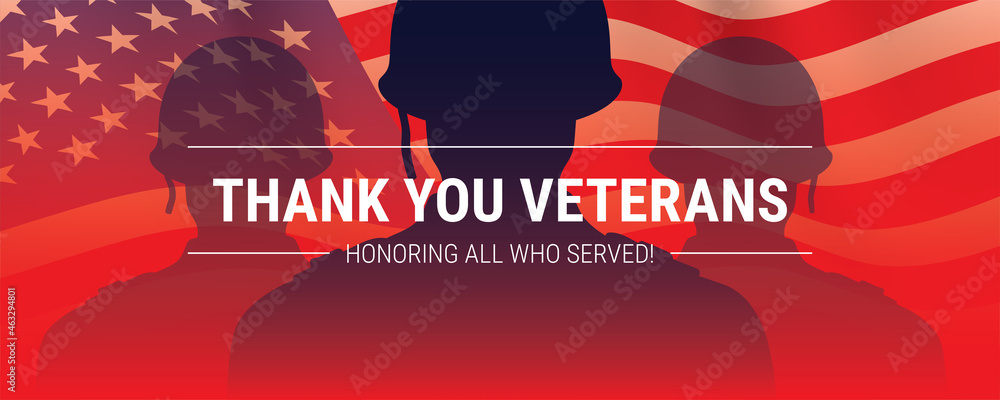
VA
It is no secret that both I and many others have, at times, raised serious concerns about the Department of Veterans Affairs (VA). From delayed claims processing to inconsistencies in medical care or communication breakdowns, the criticisms are often valid and deserving of attention. After all, veterans have earned the right to expect high standards of service in return for the sacrifices they made. Holding the VA accountable is not just necessary—it’s a duty.
However, it’s equally important to recognize the broader truth: despite its flaws, the VA serves the veteran community—including their family members—in a profoundly positive and meaningful way. For millions of veterans across the United States, the VA provides a lifeline, offering healthcare, mental health support, housing assistance, education benefits, rehabilitation programs, and much more. These services help improve quality of life, restore dignity, and open doors to opportunities that many would otherwise never have.
The impact of the VA stretches beyond statistics or policy. It’s visible in the elderly veteran receiving critical medical care, in the young service member pursuing a college degree under the GI Bill, and in the families who find support through VA-backed home loans and survivor benefits. It’s found in the VA social worker who goes the extra mile, the doctor who listens attentively, and the outreach team that helps a homeless veteran find shelter.
Yes, the VA is far from perfect. And yes, there are valid reasons to criticize and demand better. But those criticisms should not overshadow the reality that the VA, in many ways, fulfills its mission with strength and compassion. The positive outcomes it creates for countless veterans far outweigh the negative aspects, and that truth deserves to be acknowledged.
Constructive criticism can lead to progress—but appreciation encourages morale, trust, and continued improvement. As we speak up about what’s broken, we must also give credit where it’s due. The VA, in its many capacities, continues to serve as a vital pillar in the lives of veterans and their loved ones. For that, we are thankful.
Disclaimer: This article reflects the personal views and experiences of the author. While it addresses both criticism and praise of the Department of Veterans Affairs (VA), it should be considered opinionated commentary—not an official or comprehensive assessment of the VA as an institution.
